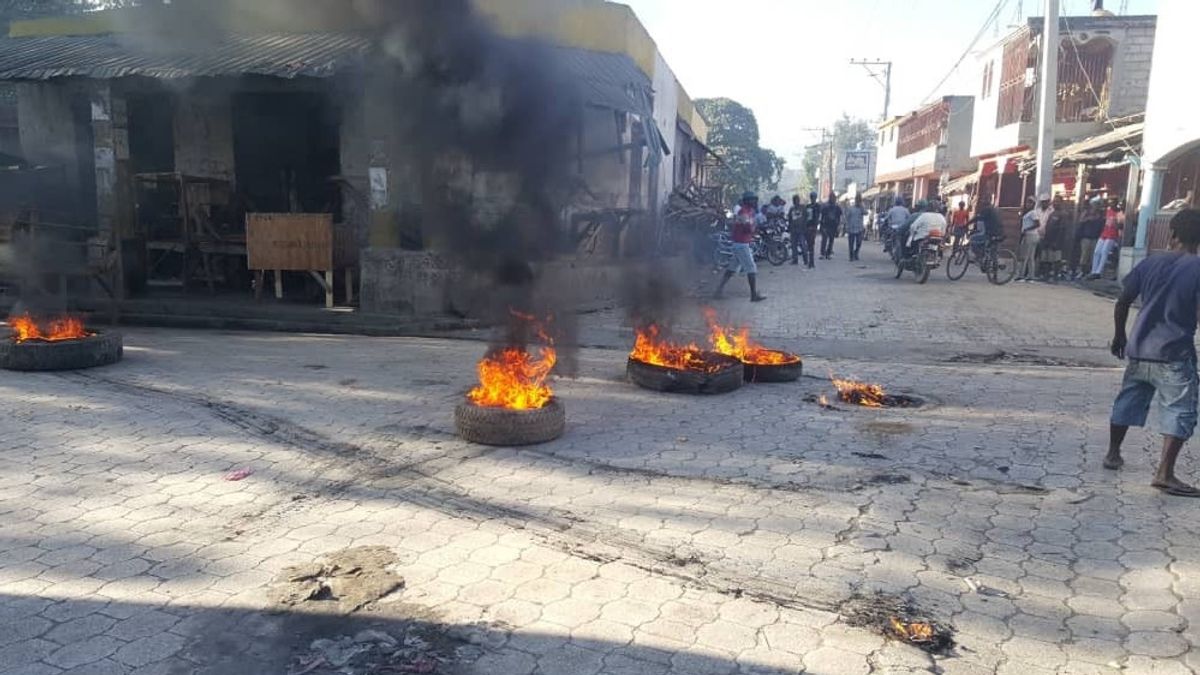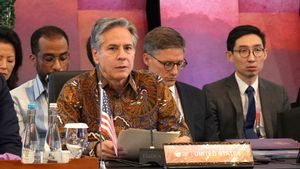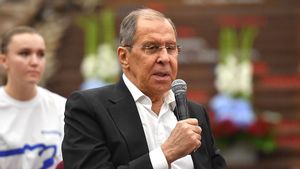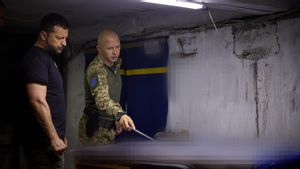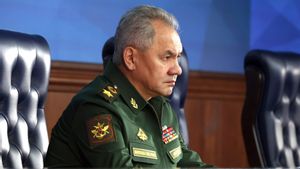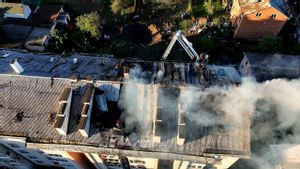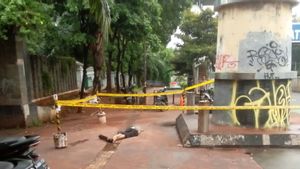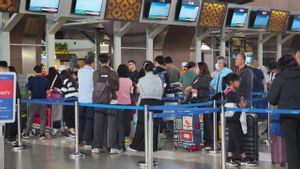JAKARTA - UN Secretary-General Antonio Guterres wants the multinational use of force and military assets to be necessary to restore law and order in Haiti, while disarming gangs, according to a report to the UN Security Council.
Haiti last year asked for international assistance to fight the violent gangs that have largely controlled the capital Port-au-Prince.
In October last year, Secretary-General Guterres suggested that countries should send a "rapid response force" to support Haiti's police.
Meanwhile, the UN Security Council last month encouraged countries to provide security support, asking the UN Secretary-General to report within 30 days on various UN options, including support for non-UN multinational forces or possible peacekeeping operations.
Guterres' report was circulated to the country's 15-member council on Tuesday. It describes two potential UN options, namely providing logistical support to Haiti's multinational troops and police, as well as strengthening the UN's existing political mission in Haiti.
"The current Haiti context is not conducive to the maintenance of peace," Secretary General Guterres wrote, adding that law and order must be restored, armed gangs disarmed, strategic installations and roads secured, and a state presence again to provide services. basis," he said in a report seen by Reuters, as reported on August 16.
"Nothing better than the use of forceful force, supplemented by a range of non-violent measures, by a specialized multinational police force capable and supported by military assets, coordinated with the national police, can achieve this goal," he explained.
"The capital city is surrounded by gangs and effectively cut off by road from the north, south, and east of the country," Guterres said, describing the violence of the gang attacks.
Separately Human Rights Watch on Monday said international security assistance must include safeguards to prevent abuses.
In his report, Guterres said any operations targeted against gangs must also protect society, and respect human rights and due process.
Much earlier, UN peacekeepers were deployed to Haiti in 2004, after the uprising that led to the overthrow and exile of President Jean-Bertrand Aristide. The troops left Haiti in 2017 and were replaced by UN police who left two years later.
UN Secretary-General Antonio Guterres again called on countries to "act now" to contribute to the deployment of a non-UN multinational force and for the Security Council to support the move.
The United States has said it is ready to submit a draft Security Council resolution to support the troop deployment.
VOIR éGALEMENT:
Meanwhile, Kenya said last month it was ready to consider commanding an international force and pledged to send 1,000 police officers.
Additionally, Secretary-General Guterres said Jamaica had also renewed its pledge to contribute troops, as well as welcoming the announcements made by Antigua and Barbuda to consider contributing.
It is known that various countries have been wary of supporting the unelected Government of Prime Minister Ariel Henry, who said that fair elections could not be held in the current state of insecurity. Haiti has not had an elected representative since January.
The English, Chinese, Japanese, Arabic, and French versions are automatically generated by the AI. So there may still be inaccuracies in translating, please always see Indonesian as our main language. (system supported by DigitalSiber.id)
